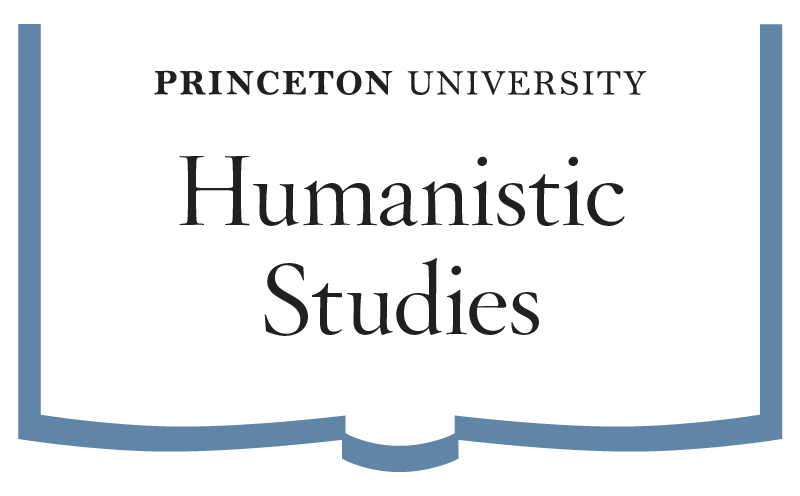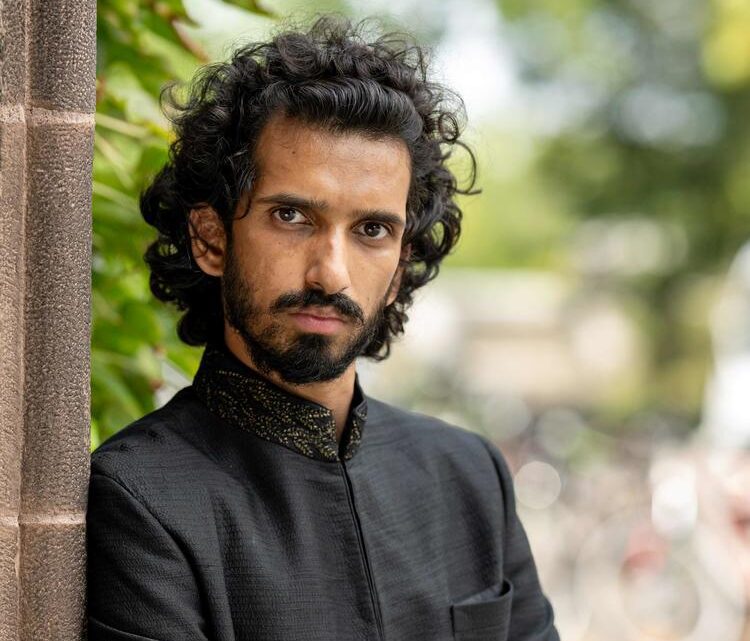Supratik Baralay is a historian interested in destabilizing the divide between ancient Mediterranean and Asian histories, uncovering evidence for the imperial subjection of communities, and reconstructing how imperial strategies of subjection were defied by peoples that positioned themselves between empires. His dissertation examines these themes in the context of the Arsacid (Parthian) empire, which emerged from the southern Turkmen steppe in the mid 3rd century BCE.
In his first book project, provisionally titled “Arsacid Eurasia: Sovereignty, Subjection, and the Making of the Silk Roads”, Baralay argues that the Arsacids imposed coercive ideologies and institutions, developed from earlier Hellenistic models, upon communities across Asia for almost five centuries. Arsacid subjection took the form of recurrent violence and intimidation directed at indigenous communities and resulted in the infiltration and elimination of their institutions. Such Arsacid coercion, in addition to the establishment of diplomatic connections with the neighbouring Han and Roman empires, precipitated the formation of the trade routes traditionally known as the “Silk Roads”. He suggests, however, that the actual movement of goods across the Eurasian landscape was carried out by communities who refused imperial subjection.
For his second book project, he will explore the ways in which Arsacid imperialism shaped the development of Mazdism, Mesopotamian religion, Judaism, Christianity, and Buddhism, culminating in the development of Manicheism.
Raised between Bombay and London, Baralay obtained a B.A. in Literae Humaniores (Classics) in 2014 and an M.Phil. in Ancient Greek and Roman History in 2016 from the University of Oxford. He completed his Ph.D. in Ancient History in 2023 at Harvard University.
He previously taught HUM 216/217, Interdisciplinary Approaches to Western Culture I: Literature and the Arts, History, Philosophy and Religion in the Fall of 2023 and he will teach it again in the Fall of 2024.













